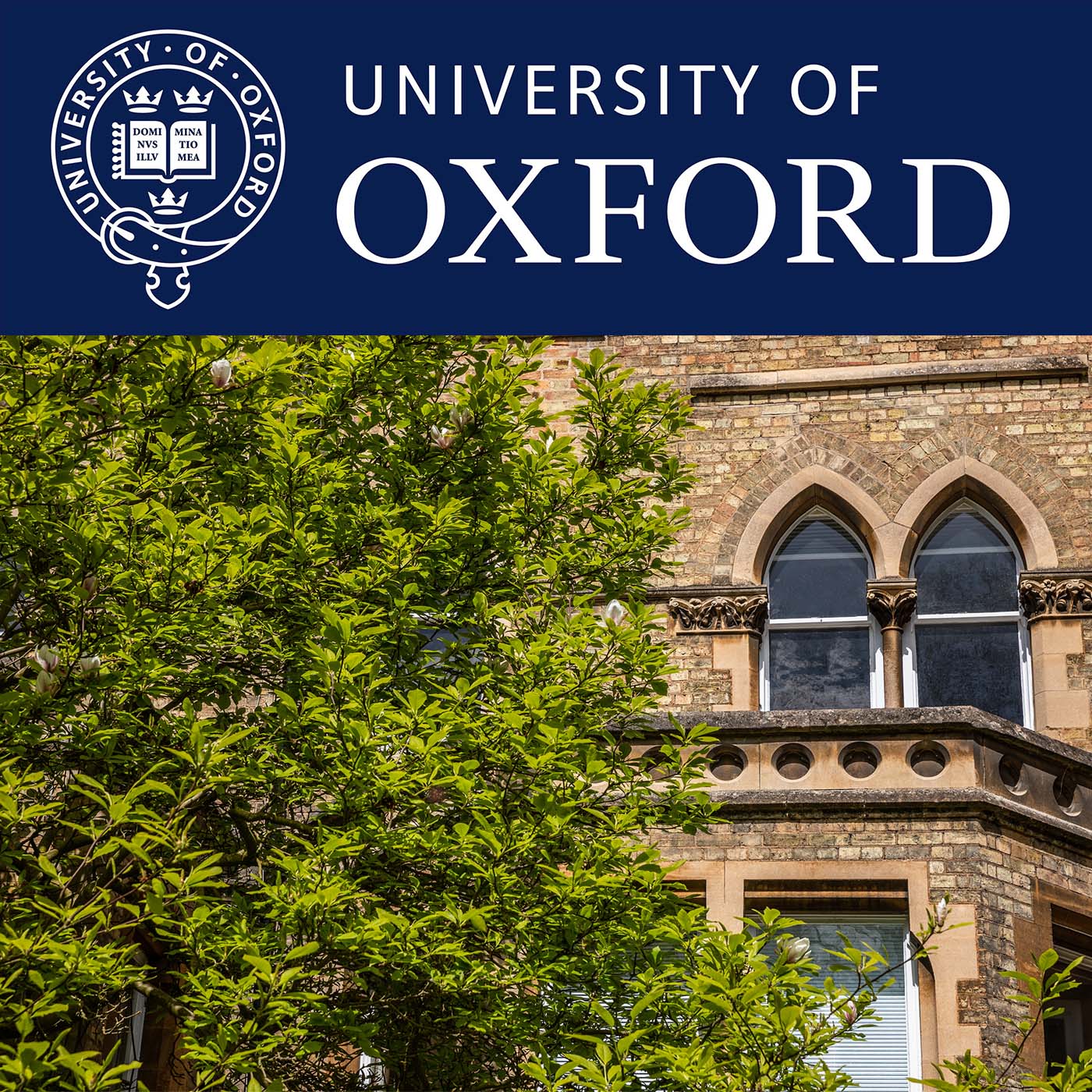Building Research Capacity in Teacher Education
Description
Seminar 8 of 8 on teacher education reforms. Alis unpacks the notion of 'capacity' through a historiography of initiatives and a review of attempts at conceptual development. Much has been written about the alleged lack of integration between research and practice in teacher education and also about the perceived fragmentation of teacher education research. The answer to the conundrum is often 'building research capacity': the UK has a decades-long history of publicly-funded initiatives to build capacity to engage with and in research in initial and continuing teacher education and in teaching practice. But questions lurk behind the soundbite: what capacity, whose, and built how, by, and for whom? In this talk, Alis will aim to unpack the notion of 'capacity' through a historiography of initiatives and a review of attempts at conceptual development. She will then use insights from two recent national initiatives, in Wales (see Oancea, Childs, Fancourt, Robson and Thompson, 2018) and in Norway, to sketch out a framework and agenda for a more holistic, equitable, research-informed and practice-oriented notion of capacity building for research in teacher education.
Alis Oancea is Professor of Philosophy of Education and Research Policy and Director of Research at the Department of Education. She specialises in studies of research policy and governance and in philosophy of research – including work on research assessment, impact and knowledge exchange, research funding, research quality, evaluation, open knowledge practices, research ethics, capacity, publication practices, and the cultural value of research in the arts and the humanities. This strand of work is complemented with a strong interest in teacher education research, innovation in teacher education policy and practice, knowledge and values in the teaching profession, and the role of research in teacher education. She has two PhDs, one in policy and governance for research (from the University of Oxford), and one in epistemology and research. Creative Commons Attribution-Non-Commercial-Share Alike 2.0 UK: England & Wales; http://creativecommons.org/licenses/by-nc-sa/2.0/uk/
More Episodes
This seminar explores the process of formal and informal exclusion from the macro, meso and micro level to understand some of the complex interactions between policy, school and individual factors. Government statistics indicate that children and young people with special educational needs are...
Published 02/25/20
Published 02/25/20
Combining legal analysis, theory, and evidence from practice, Lucinda Ferguson argues that the law is ill-equipped to support children at risk of permanent exclusion from school, particularly children with disabilities or other additional needs. The House of Commons’ Education Committee (2019)...
Published 02/13/20


